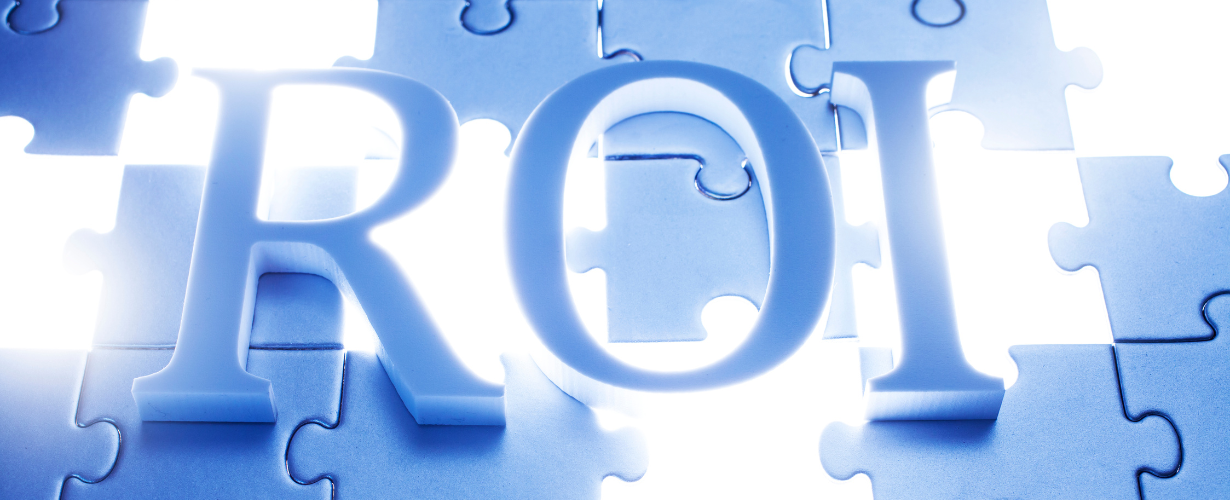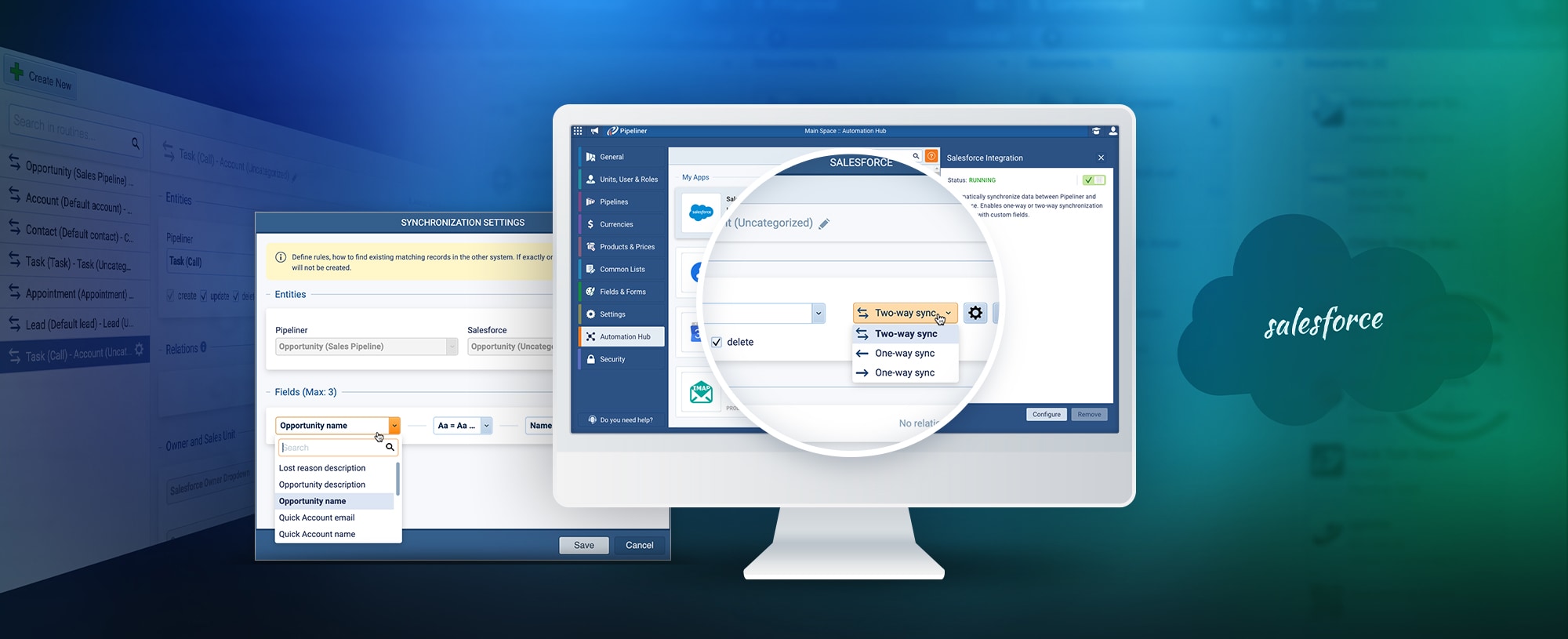Now we come to our final article on CRM adoption, and engage in a detailed examination of the Pipeliner CRM difference.
An Industry Comparison
Let’s start by taking a look at significant differences between the CRM industry and others. This will provide a clue to the current paradigm shift of today’s constant change.
Let’s take purchasing a car as an example. When you’re car shopping, you compare prices and features. You’re basically purchasing, though, a finished productProduct Product refers to anything (an idea, item, service, process or information) that meets a need or a desire and is offered to a market, usually but not always at a price.. The product itself is more important than service. Although you might compare vendors of the same product in terms of service, nobody buys a car because of the vendor’s service.
The CRM industry, though, is quite different. In the CRM space, we are in the digital transformation. In the digital transformation, we deal with knowledge as a new resource. Knowledge is not carved in stone—it is constantly changing.
Edge in Development
It is for this reason that, at Pipeliner, we focus on bringing together the most efficient, complete, productive and advanced development team. It is also why we program more than any of our competitors. We are constantly optimizing the system, continually optimizing the process. We utilize the latest technology wherever and whenever possible because it is more reliable than humans—it doesn’t require vacations, sleep or sick time, and it doesn’t make mistakes.
A great many of our competitors begin with product development efforts but then invest all their resources into obtaining marketshare. They end up with many dissatisfied and frustrated customers and a high churnChurn Churn is a term that describes the percentage of customers that leave or cancel a service or product within a given period of time. rate. This is exactly the opposite of how we operate. We believe that what really counts is the innovation and the product itself.
Future Requirements
What will a CRM company require in the future? For successfully pushing forward, a company needs strength. What does that mean? Strength means intelligent people who perform their jobs well. A company doesn’t need thousands—only the right ones. As we know, a single person can change everything.
A CRM company, in addition to strength, requires speed. A customerCustomer Customer is an individual or an organization that purchases a product or signs up for a service offered by a business. should not wait years for a requested new feature. Salesforce is an example, for it only has three releases per year—Winter, Spring and Summer. Their customers have to wait, full stop. Pipeliner CRM has a new release every month. We make sure too that, as we change, we keep the level of quality high.
The Total CRM
As we’ve gone over in this series, adoptability is everything in CRM. Adoptability needs to be managed. It often happens with so many vendors that their solutionSolution Solution is a combination of ideas, strategies, processes, technologies and services that effectively helps an organization achieve its goals or hurdle its challenges. doesn’t have what customers need, so the customer has to purchase an additional application.
Throughout time, I’ve observed my competitors purchasing functionality such as marketingMarketing Marketing is the field, set of actions, or practice of making a product or service desirable to a target consumer segment, with the ultimate aim of effecting a purchase. automation or ticketing from other companies for the purpose of creating a “suite.” The real problem, though, is that they never fully complete developing the core of the CRM, especially for sales.
If we look frankly at sales requirements, sales needs project management, lead management, account management, key account management, opportunity management, and other sales-related functions. We are the only CRM with a full-featured holistic approach to CRM sales functionality.
We include these functions because, when CRM lacks them, a business becomes exhausted. If they have to buy and add other apps, they must add additional training for their salespeople, which costs time and energy.
Don’t misunderstand me—I’m not talking about creating a single solution suite for a business. It is not a correct approach to try and add ticketing into CRM when that is not what a CRM really needs. What it does need is perfect integration so that a ticketing system will integrate with the core product. When a vendor (such as SugarCRM) splits their focus between CRM, ticketing and marketing automation, they aren’t all of the same level of quality. Customers become frustrated because they constantly have to learn these other systems. This approach is not only distracting, it reduces salesperson efficiency.
The major difference between Pipeliner and the usual “all-in-one” system is our inclusion of all necessary sales tools in a single platform. We therefore lower the cost of entry and have an ongoing cap on spending. We eliminate the need for consultants and full-time additional CRM administration.
Sales Tool Examples
One example of functionality we developed ourselves for CRM inclusion is scheduling, because accurate and rapid appointment scheduling is vital for a salesperson. Therefore, we replaced Calendly within Pipeliner with our own scheduling functionality, which has proven far superior to Calendly.
Another instance is our address of the fact that 80 percent of business revenueRevenue Revenue is the amount of money a business generates during a specific period such as a year or a quarter; also called sales. comes from existing customers. We therefore created a highly efficient key accountAccount Account refers to a record of primary and background information about an individual or corporate customer, including contact data, preferred services, and transactions with your company. management function, which no one else has. Sure, a company could add another application, such as DemandFarm or Revegy, but this makes no sense.
Here are a few more examples. AI function for email creation is embedded in Pipeliner. We include multiple leadLead Lead refers to a prospect or potential customer (who can be an individual or organization) that exhibits interest in your service or product; or any additional information about such entity. forms, multiple lead stages and multiple lead scorings. There are many more. We are constantly filling gaps so our customers can have all the necessary sales tools in one holistic platform.
Proof Points
There are definite proof points of Pipeliner’s effectiveness:
- The platform is very easy to learn, thanks to Pipeliner’s completely visual interfaces for all functionality. Training typically takes a few hours, minimizing onboardingOnboarding Onboarding is the process or act of introducing a new customer to your product or service; or integrating a newly hired employee into your workforce or team. costs.
- Because our customers don’t have to license additional software, they gain added value for lower cost.
The Pipeliner CRM difference is extremely clear, isn’t it?
Start Your Free, No-Obligation 14-Day Pipeliner CRM Cloud Unlimited Trial.
To learn more, check out these ebooks by Nikolaus Kimla:
5 Artificial Intelligence Sales Myths Debunked
The Pipeliner Mission: Win Together





